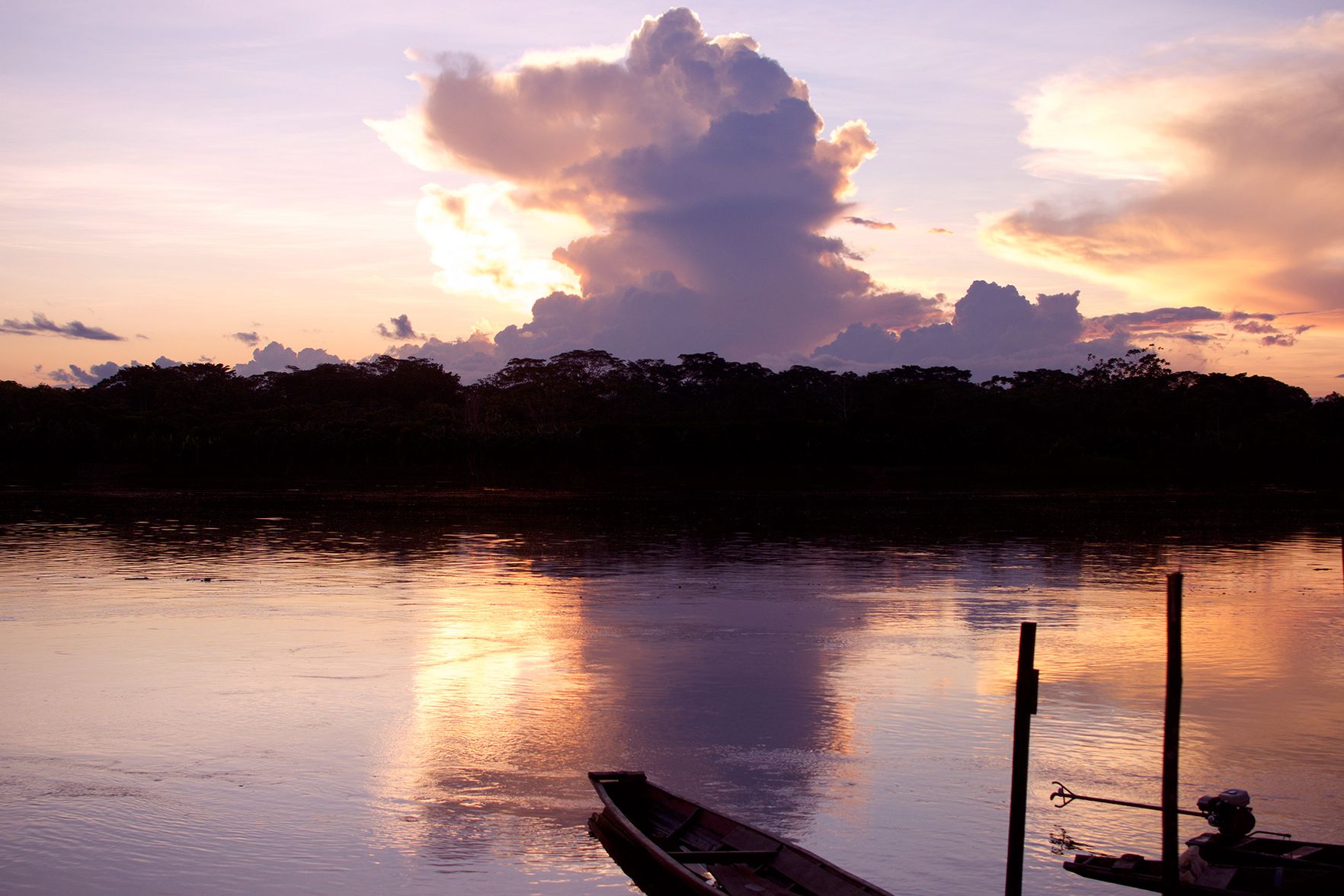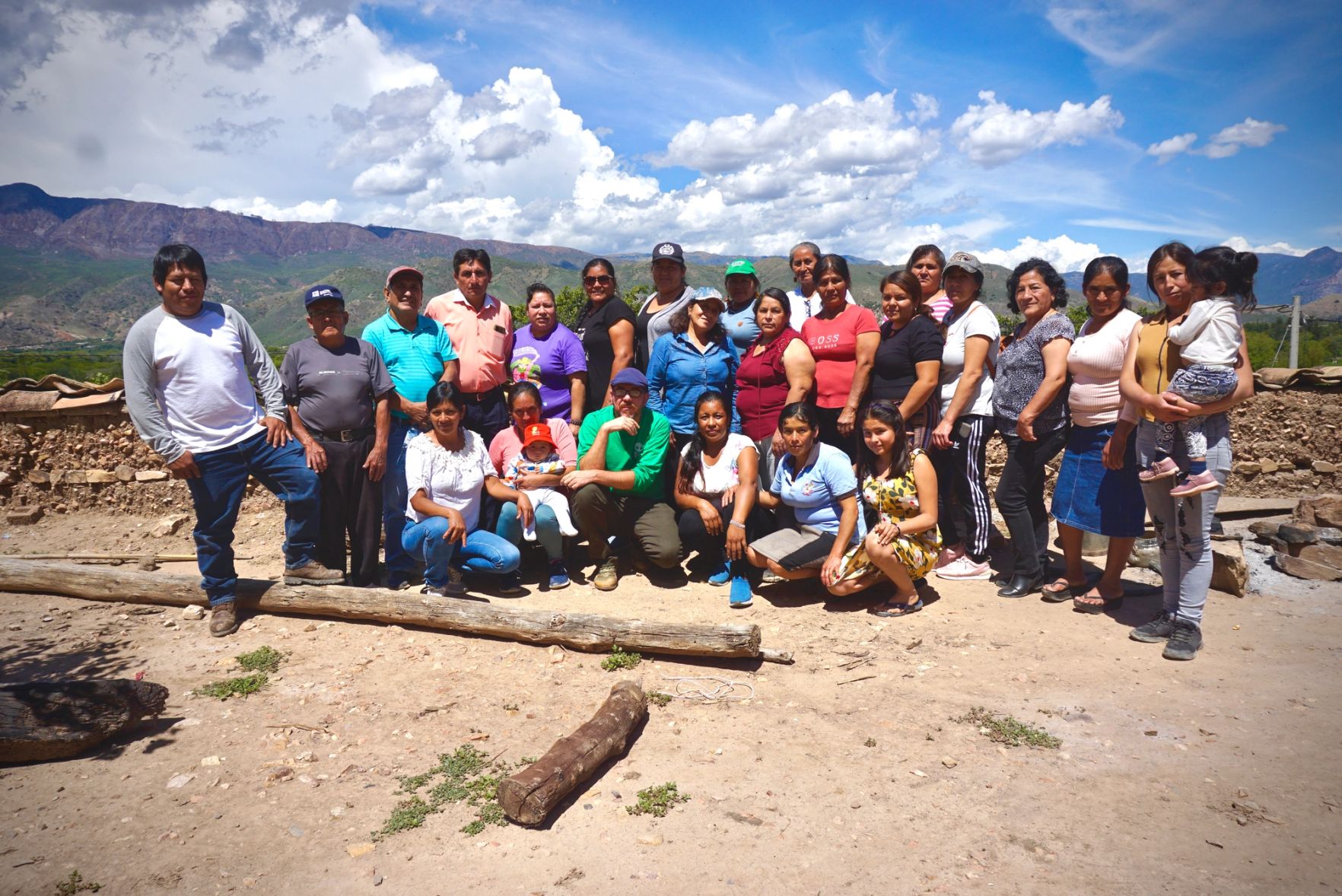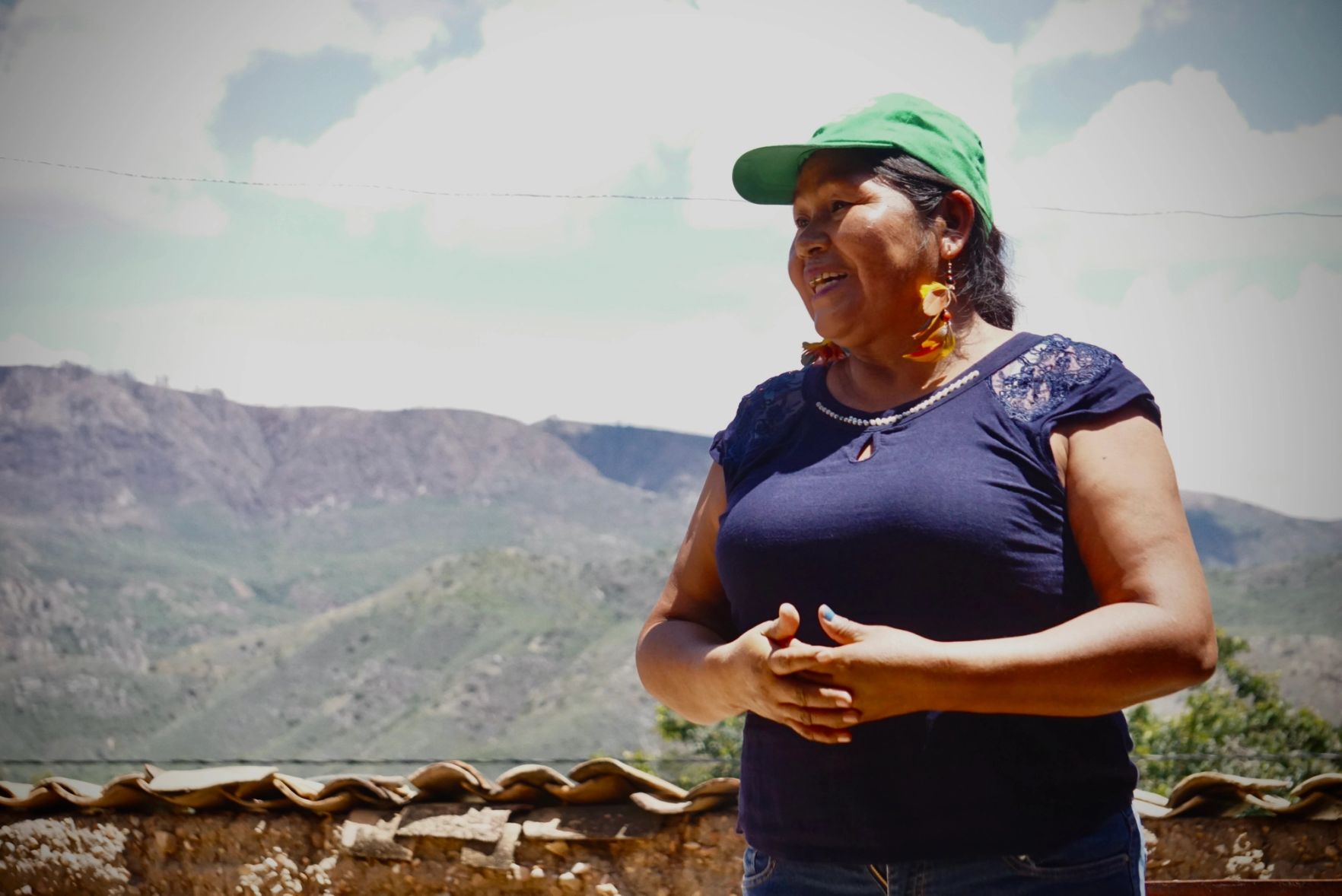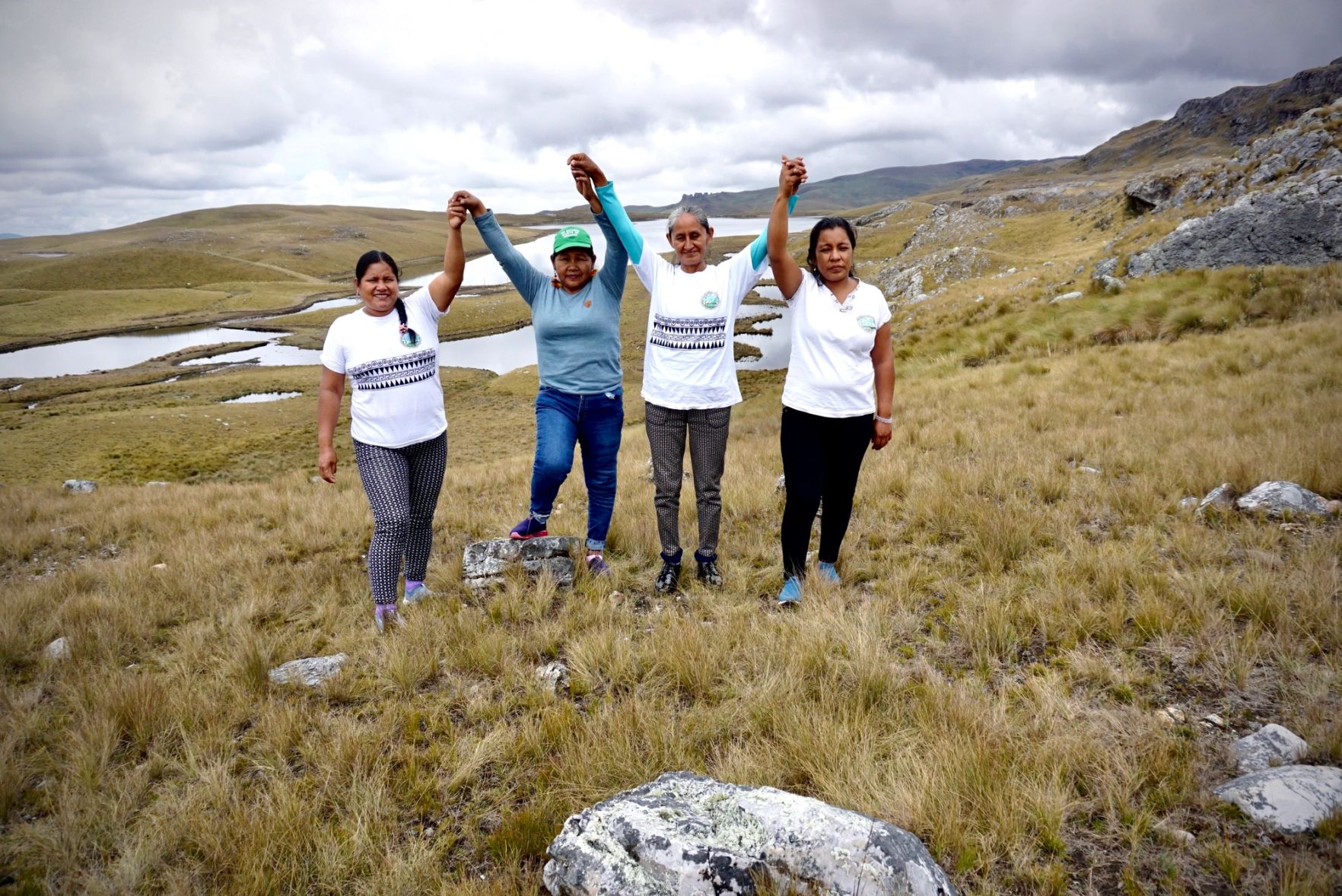By
Rivers are fundamental for all living beings. In different ecosystems they fulfill different functions, but all in all these can be summarized as: rivers are a source of life.
By irrigating valleys, flooding portions of the forest, and being a source of food and income, rivers have historically shaped the places of settlement of peoples, many of whom have also endowed them with spiritual and cultural significance as they are closely linked to their lives. Amazonian cultures such as the indigenous Kukama people, for example, historically live in a close interrelationship with their river environment. Their traditions, stories, and beliefs are inspired by and built around them.

In mid-January, the Chaikuni Institute and Grufides, with the support of our Belgian partner CATAPA, were able to organize an exchange visit of defensoras (a Spanish term used to describe female human rights defenders and socio-environmental leaders), which facilitated reflections and dialogue around the importance of the Marañon river, or rivers and water in general. During the two days of the event, the organizations "Women Defenders of Life and Pachamama", the "Cooperative of Women Defenders and Entrepreneurs of the Condebamba Valle" - both from the mountainous Cajamarca region of Peru - and "Huaynakana Kamatahuara Kana", a female led indigenous Kukama organization from the lower Marañon in the Amazon region and long term ally of our Institute, were able to get to know each other and share their experiences in the defense of water and their territories. The great Marañon River, which joins the Ucayali turning into the mighty Amazon River, flows through Cajamarca on its way down to Kukama territory in our Amazonian Loreto region. Thus, as a common theme for the exchange, the women shared their thoughts about the importance of the Marañón River:
"We are practically one body because we defend the same thing, the life that is water, the life that is the territory. Because without water we are nothing and we have nothing”

Defending the Marañón implies rethinking the defense of the integrity of this important River from a watershed approach, forcing us to pay attention not only to the main river, but also to all the tributaries that contribute to it along its course. As William Valera, technical advisor of the Cooperative of Women Defenders and Entrepreneurs of the Condebamba Valley, says, "The Marañón River receives tributaries from our Crisnejas River, and our Crisnejas River receives tributaries from all the hillsides where we live. In other words, in terms of water we are one, a single body".
Mariluz Canaquiri, president of Huaynakana, stresses that we speak of a single body that requires joint efforts to be defended: "we are uniting because our territory belongs to everyone and so do our rivers. Perhaps our large rivers that we have in the Amazon are the body and here [Cajamarca] the head and the arms, which make up a single person”.

The threats that the Marañon river faces in the two different regions continue to increase, and, with it, also the pressure on the local people who defend their lifeline. The growing number of dams, dam proposals, and oil and mining concessions, as well as the increase in illegal activities, added to the criminalization of protests and dangers faced by environmental defenders, make it an increasingly difficult job to do. However, experiences such as those lived in this exchange contribute to strengthen ties and organizations; therefore, Dina Mendoza of Women Defenders of Life and Pachamama, highlights the importance of continuing to promote links between organizations: "we will continue defending, we will continue sharing, we will continue exchanging experiences with other women to say: these are the waters that run through your territories as well. So, we unite for the defense and for the struggle, so that these [our rivers] are no longer destroyed".
The women from Huaynakana lead the way in defending the Marañón. In 2021, they filed a lawsuit against the state, demanding the Marañón River be declared as a legal entity with inherent rights of its own. This is a pioneering local example, anchored in a global movement, to demand rights for nature. To increase the chances of success for such a lawsuit, and the defense of a great river altogether, it is imperative that different local indigenous and peasant organizations come together in dialogue and join hands, building a strong movement. Our Institute will continue to work hand in hand with indigenous organizations to back their important demands, amplifying their voices so they be heard, and their biocultural rights respected. We encourage other civil society organizations to join in.


